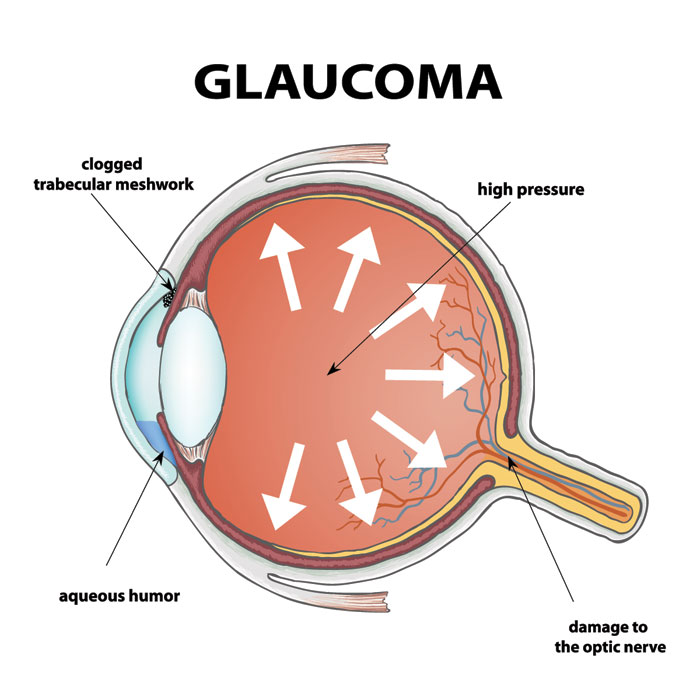Can You Recover from Glaucoma? Success Stories and Insights
Introduction
Glaucoma is one of the leading causes of vision loss worldwide. A diagnosis can feel overwhelming, often raising questions about treatment success and long-term outcomes. While glaucoma damage is generally irreversible, effective treatment and lifestyle adjustments can preserve vision and improve quality of life. This article explores factors influencing recovery and shares real-life stories of individuals who successfully managed glaucoma.
Causes and Risk Factors
Glaucoma commonly results from increased intraocular pressure (IOP), which damages the optic nerve. Several factors contribute to its development, including:
-
Age: Risk increases significantly after age 40.
-
Family history: Genetics plays a role in susceptibility.
-
Race: African-Americans, Asians, and Hispanics have a higher risk.
-
Medical conditions: Diabetes, high blood pressure, and certain medications may elevate risk.
Signs and Symptoms
Glaucoma often progresses silently in the early stages, making regular eye exams critical. Common signs include:
-
Gradual peripheral vision loss
-
Tunnel vision in advanced stages
-
Blurred vision or halos around lights
-
Eye pain or discomfort in certain cases
Types of Glaucoma
There are two major types that influence treatment strategies:
-
Open-Angle Glaucoma: The most common type, caused by partial blockage in the drainage channels of the eye.
-
Closed-Angle Glaucoma: Occurs when the iris blocks the drainage angle, often requiring urgent intervention.
Diagnosis Methods
Glaucoma diagnosis involves a comprehensive eye exam, which may include:
-
Tonometry: Measuring intraocular pressure
-
Visual field test: Detecting peripheral vision loss
-
Optic nerve imaging: Evaluating nerve health
-
Gonioscopy: Checking the drainage angle
Treatment Options
Managing glaucoma focuses on lowering eye pressure to protect the optic nerve. Common treatments include:
-
Eye Drops: Reduce fluid production or improve drainage.
-
Laser Therapy: Helps fluid flow more effectively.
-
Surgery: Procedures like trabeculectomy or MIGS (Minimally Invasive Glaucoma Surgery) create new drainage pathways.
What Does Recovery Mean for Glaucoma Patients?
Recovery from glaucoma doesn’t typically mean reversing vision loss but rather preventing further damage. Successful management depends on:
-
Early detection and treatment
-
Adherence to medication schedules
-
Lifestyle adjustments
-
Regular eye check-ups
Real Stories of Glaucoma Management and Recovery
Story 1: Early Detection Made the Difference
John, 45, learned he had glaucoma during a routine exam. With prompt eye drop treatment, his eye pressure stabilized, and he retained full vision.
Story 2: Advanced Glaucoma Treated with MIGS
Anna, 65, faced advanced glaucoma unresponsive to medication. MIGS surgery successfully lowered her eye pressure and halted progression.
Story 3: Combination Therapy Restored Stability
David, 52, required laser therapy, medication, and trabeculectomy for severe glaucoma. With consistent follow-ups, his vision improved, and he maintained healthy eye pressure.
Story 4: Lifestyle Changes and Consistent Care
Susan, 59, managed her glaucoma through a balanced routine—light exercise, reduced caffeine, and regular ophthalmology visits—alongside prescribed medication.
What to Expect After Glaucoma Surgery
Recovery varies by procedure, but common guidelines include:
-
Rest and avoid strenuous activities
-
Use protective eyewear
-
Follow all medication instructions
Most patients resume normal routines within a few weeks, though monitoring remains essential.
The Role of New Advances in Treatment
Recent innovations such as MIGS, new classes of eye drops, and gene therapy show promise in improving long-term outcomes. Ongoing research aims to enhance treatment success and reduce complications.
Conclusion
While glaucoma remains a lifelong condition, early diagnosis, proper treatment, and lifestyle adjustments can prevent vision loss and maintain a good quality of life. Real stories from patients show that managing glaucoma successfully is possible with the right approach and regular care.




